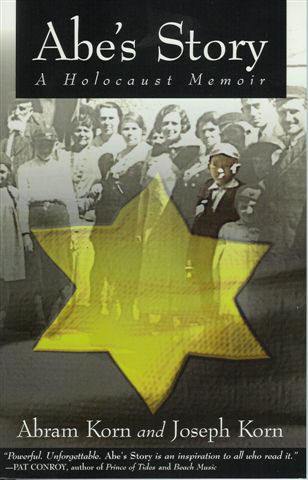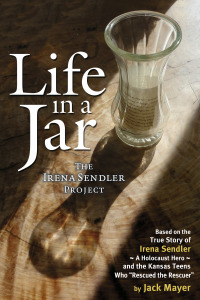Return to Women Writing the Holocaust
Conclusion
Joan Miriam Ringelheim asks, “Did anyone really survive the Holocaust?” It is a question more difficult to answer than it might at first appear. The Holocaust breaks down the definitions of words such as “survival.” Memoirist Charlotte Delbo wrote after the war’s end, “I died in Auschwitz, but no one knows it.” And as idealistic as it may sound, there is some truth to the notion that Anne Frank and Charlotte Salomon manage, despite their brutal and meaningless murders, to live on after death. They wrote, after all, with that possibility in mind.
If to survive means to come through unscathed, the answer to Ringelheim’s question must be no. But if to survive means to live through an experience of such horror still be able to desire connection with the world–to create, narrate, innovate, to invoke the voices of the dead and of the living–then the answer is yes. To survive: “sur”–over, “vive”–live; the verb implies both to surmount an event, to live through it, and to relive it, live it over. Perhaps the simplest and somewhat tragic truth is that the one necessarily involves the other.
I find some sense of closure in Felstiner’s loving exploration of Charlotte Salomon because it is one which treats both the creator and the creation with equal care. What distinguishes Lucille E. from Anne Frank and Charlotte Salomon, of course, is that only the first survived the Holocaust. Yet all three have created voices which seek to bear witness to the Shoah, if only the world will let them. The skill which it would benefit the world to develop is that of simultaneously recognizing the fundamental point that memoirs of female Holocaust witnesses are authored by women, and that they each nevertheless are not utterly circumscribed by that fact. To neglect the first point contributes to an artificial universalization of men’s experience and a silencing of painful but important questions. To neglect the second points to essentialism and dogmatic discourse. These women have taken a great step in creating a stand-in, a memorial protagonist, which can continue to tell their story after their own ends. They have invested the memoir with a certain autonomy; that autonomy needs to be acknowledged by the rest of us.
Go to the Top of the Page || Return to Women Writing the Holocaust



